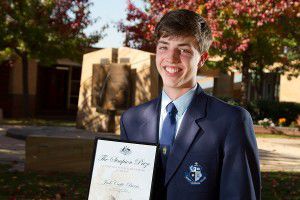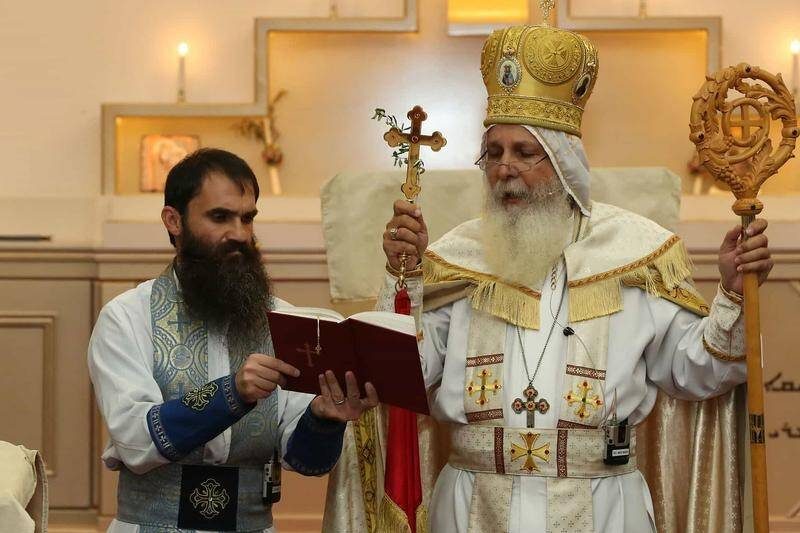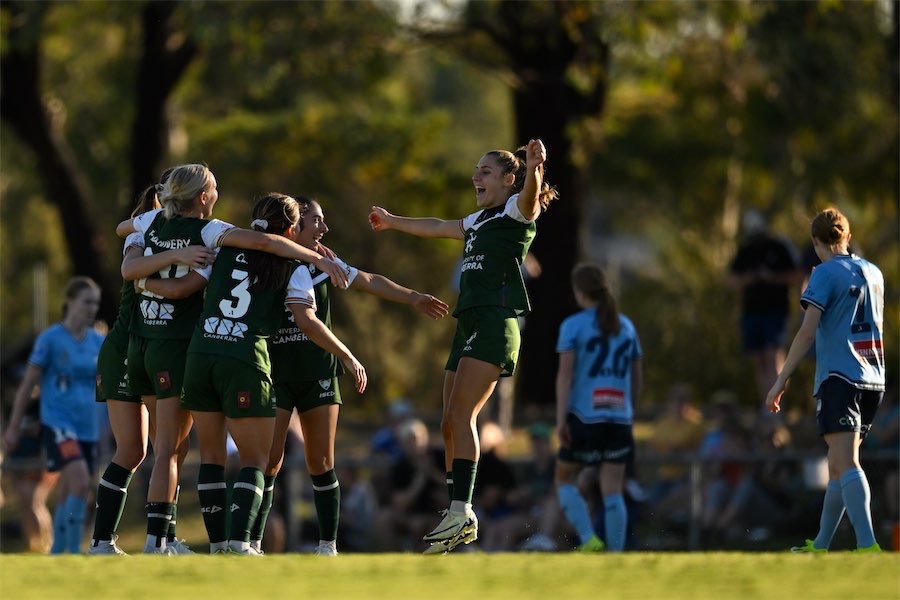WHEN Australia and NZ take pause next Thursday to reflect on antipodean experiences of war, Marist year 11 student Jack Castle-Burns will be among those who have made the pilgrimage to where the Anzac legend began.

“It’s just such a surreal feeling to think I’ll be going and seeing all those places that I’ve researched and written about,” he says. “And with all those people there, it’s going to be amazing. I’m still in disbelief about the whole thing.”
The two-week trip for the winners includes five days at Gallipoli, four in Istanbul and visits to various historical sites such as the ancient city of Troy.
Not surprisingly, history is Jack’s favourite subject, so the chance to look into the past through sources from the National Archives and Australian War Memorial was itself a fascinating experience.
“It gave me a sense of, I guess, pride to be Australian, but it was a really horrific place and I guess people were just doing the best they could do,” he says of Gallipoli. “I wouldn’t want to have been there in the same circumstances.”
In the thoughtful and engaging piece of writing, he presents a balanced description of the legend as a blend of fact and fiction.
“I found that the Anzac legend was created from all the horrific events that happened and all the death, as well as the media portrayal of that,” says Jack.
Or as he puts it in the essay, the soldiers “narrate a story of a disorganised and horrific campaign with dramatic and often wasteful loss of life… while official reports and newspapers tell of an overwhelming victory.”
The young writer also finds a public more than willing to see their boys as heroes, as a way to lessen the grief of the senseless slaughter, at the same time noting the equally heroic acts of their enemy.
But despite the disconnect between the cheery propaganda of the day and a bungled, drawn-out and ultimately unsuccessful campaign, Jack still found a reality behind the legend and its values – “mateship, sacrifice, larrikinism and bravery” – that he sees surviving to this day. With their backs against the wall, the Anzacs put up a brave fight and supported their mates, much like modern heroes who put their hands up to fight bushfires and other natural disasters.
“Although the media portrayal of it kind of exacerbated the whole Anzac legend effect, I think it’s founded on a lot of truth,” he says. “A lot of the events and the acts that people did were worthy of that recognition.”
Jack’s prize-winning essay is at simpsonprize.org
Who can be trusted?
In a world of spin and confusion, there’s never been a more important time to support independent journalism in Canberra.
If you trust our work online and want to enforce the power of independent voices, I invite you to make a small contribution.
Every dollar of support is invested back into our journalism to help keep citynews.com.au strong and free.
Thank you,
Ian Meikle, editor




Leave a Reply